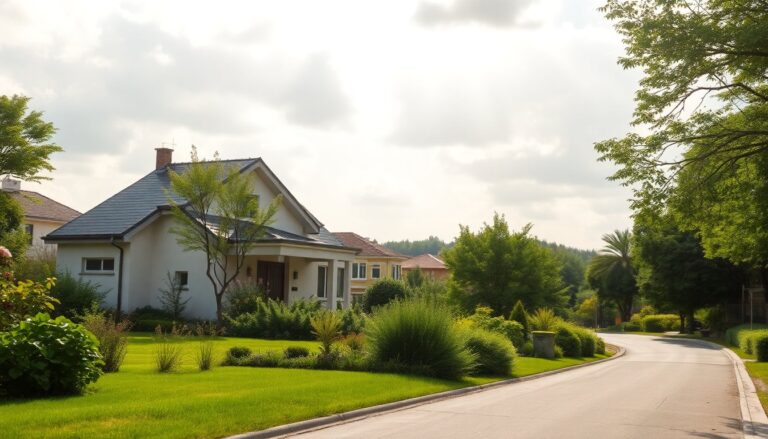Investing in a second home can provide opportunities for leisure, investment, or rental income. However, it is essential to understand the financial implications involved. This article outlines the various costs and taxes to consider before making your purchase.
The journey of acquiring a second property extends beyond the purchase
price. Hidden costs and taxes can significantly impact your financial burden. By equipping yourself with knowledge and planning ahead, you can ensure a smoother transition into property investment.
The facts
When considering the acquisition of a second home, it is crucial to recognize that associated expenses can vary greatly. Typically, if purchasing from a private seller, total costs can amount to approximately 9% of the property’s value. However, buying from a company may
increase these expenses, underscoring the need for thorough research and professional advice.
Tax implications for your purchase
One critical factor is the tax advantages available for first-time homebuyers. These benefits do not automatically extend to a second property. If selling your primary residence and planning to buy another within a year, you may qualify for a tax credit, allowing you to offset some costs associated with your new
home purchase. This credit permits you to deduct the registration tax paid on the sold property.
The nature of your purchase—whether from a developer or a private owner—will significantly influence applicable tax rates. For example, the registration tax is set at 4% for a first home but increases to 10% for a second home. When purchasing from a private individual, you will typically refer to the cadastral value, often lower than the agreed purchase price. Understanding how these values are calculated is essential, as they directly impact the taxes owed.
Hidden costs beyond taxes
In addition to taxes, buyers must account for notary fees, which can range from €1500 to €2500, depending on the transaction’s complexity and the property’s value. If financing your purchase with a mortgage, additional costs will arise, including those related to registering the mortgage deed, which constitutes a separate notarial act.
Potential exemptions and considerations
In certain situations, if the property you intend to purchase has been built and completed for at least five years, you might be exempt from paying VAT on the purchase price. Instead, you would be responsible for the registration tax. Consulting with a reputable notary can clarify these potential savings and help navigate the overall process.
Planning is crucial when purchasing a second home. A comprehensive budget outlining expected expenses and any available tax incentives is essential to avoid unexpected financial strain. Engaging a real estate professional can be invaluable in ensuring that every aspect of the transaction is managed precisely.
Ultimately, acquiring a second home can be a rewarding investment, but it requires careful consideration of your personal needs and the property’s location. These factors will influence the potential return on investment and your long-term satisfaction with the purchase.
With the right preparation and a solid understanding of the associated costs and taxes, your venture into owning a second home can become a fulfilling and lucrative experience.

